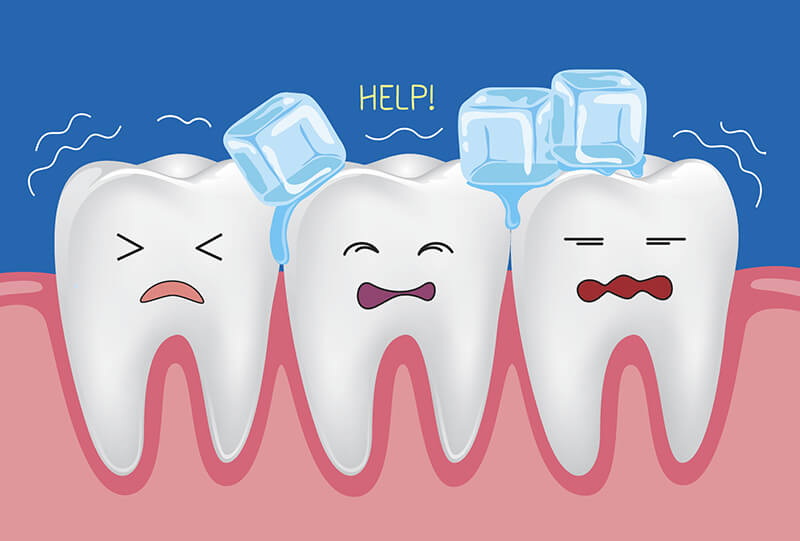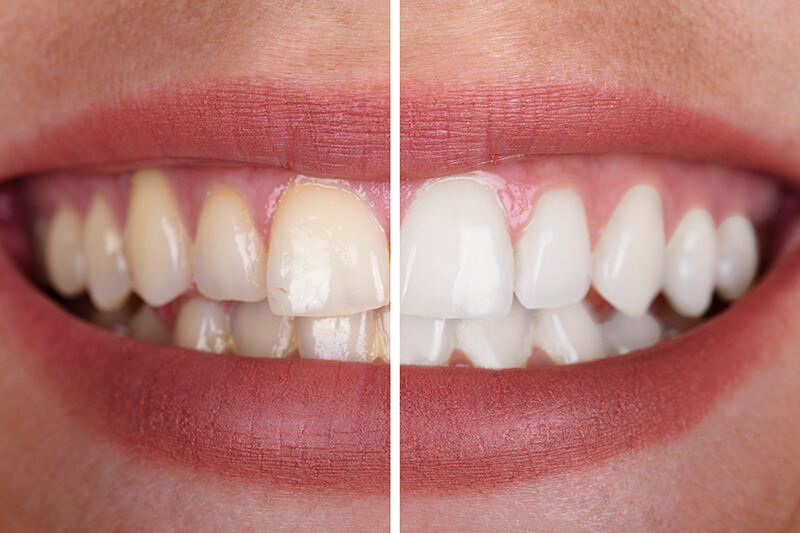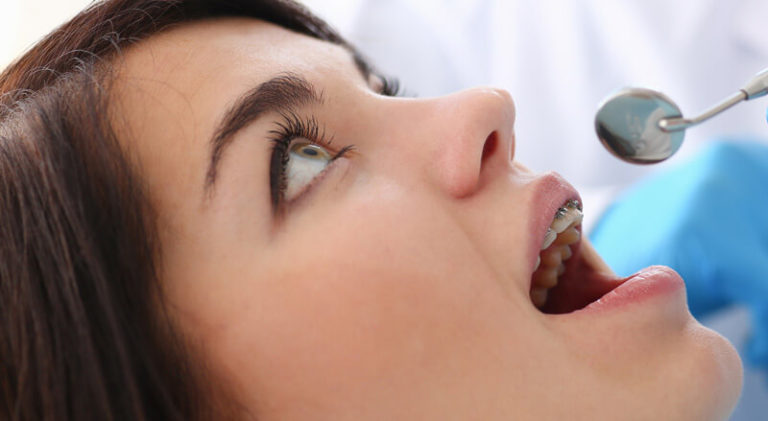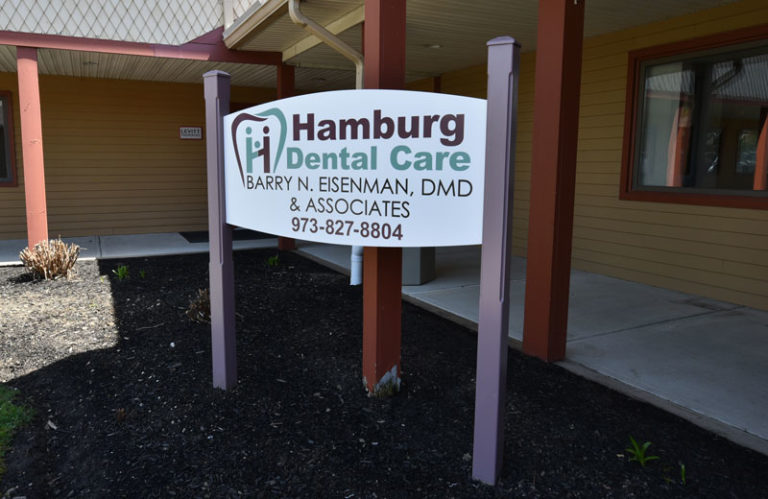As we start to age, our bodies go through a multitude of changes. Amongst these changes include some serious shifts to your smile.
According to the Center for Disease Control and Prevention (CDC), 1 in 5 adults aged 65 or older have lost all their teeth.
Harvard Health reports that almost 75 percent of people who are over the age of 65 have a higher rate of dental decay, tooth loss, mouth infections, and gum disease.
The following are ways in which your smile changes as you age:
How Teeth Shift with Age
As we age, it is common to find that our teeth will start to move. The reason for this is because the bones located in the lower and upper jaw begin to weaken.
As bones become weaker, it’s easy for teeth to start to move in and turn. Orthodontic devices such as Invisalign or braces can help fix your teeth and keep them in place as you start to age.
Having straight teeth helps keep your teeth and gums healthy. It allows you to brush properly and maintain your dental health.
Typically, shifts in teeth alignment occur slowly. Which means that it can often be corrected without invasive treatments.
Combat Dry Mouth
We are all familiar with dry mouth and the uncomfortable sensation it causes. But did you know that dry mouth causes more than just an uncomfortable feeling? Dry mouth also affects our teeth.
The most common causes of dry mouth include certain medications, alcohol, cigarettes (and other tobaccos), and caffeine.
Along with these contributing factors, our salivary glands also produce less saliva as we age.
Without saliva, our teeth are in danger of decay, bacterial growth, or cavities. Furthermore, in the absence of saliva, tooth enamel breaks down faster.
Staying hydrated is the best way to combat dry mouth. Additionally, staying away from alcohol, cigarettes, and caffeine will help.
Normal Wear-and-Tear of Teeth
Human teeth are very strong, but they are not indestructible. Teeth can handle many years of gnashing, shredding, and chewing. But, over time the protective enamel on teeth begins to break down.

Weak tooth enamel can lead to discoloration, sensitivity to hot and cold, and an increased vulnerability to tooth decay and cavities.
To protect teeth, strengthening your tooth enamel will help. Refrain from biting your nails or any hard substances that could harm your teeth.
Routine dental care will help keep your teeth strong. It’s recommended that you visit your dentist every six months for a cleaning.
Are Your Yellow Teeth Healthy?
Another common change to your smile as you age is the yellowing of the teeth. As the enamel starts to wear down, the dentin or yellow inside of the tooth can start to show through.
Staining from wine, tobacco, coffee, and tea can also cause teeth to yellow.

There are several teeth whitening agents available that can help with yellowing teeth. Speak to your dentist about the options that will work best for you.
How To Strengthen Tooth Enamel
Weak tooth enamel can be caused by several factors. These factors include medication, poor nutrition, childhood diseases, and heredity.
To strengthen tooth enamel, consider the following options:
• Visit your dentist for regular checkups
• Use toothpaste and mouthwash with fluoride
• FLOSS
• Avoid sugary foods and drinks
• Maintain a well-balanced diet rich in whole grains, fruits and vegetables, and proteins and dairy products.




